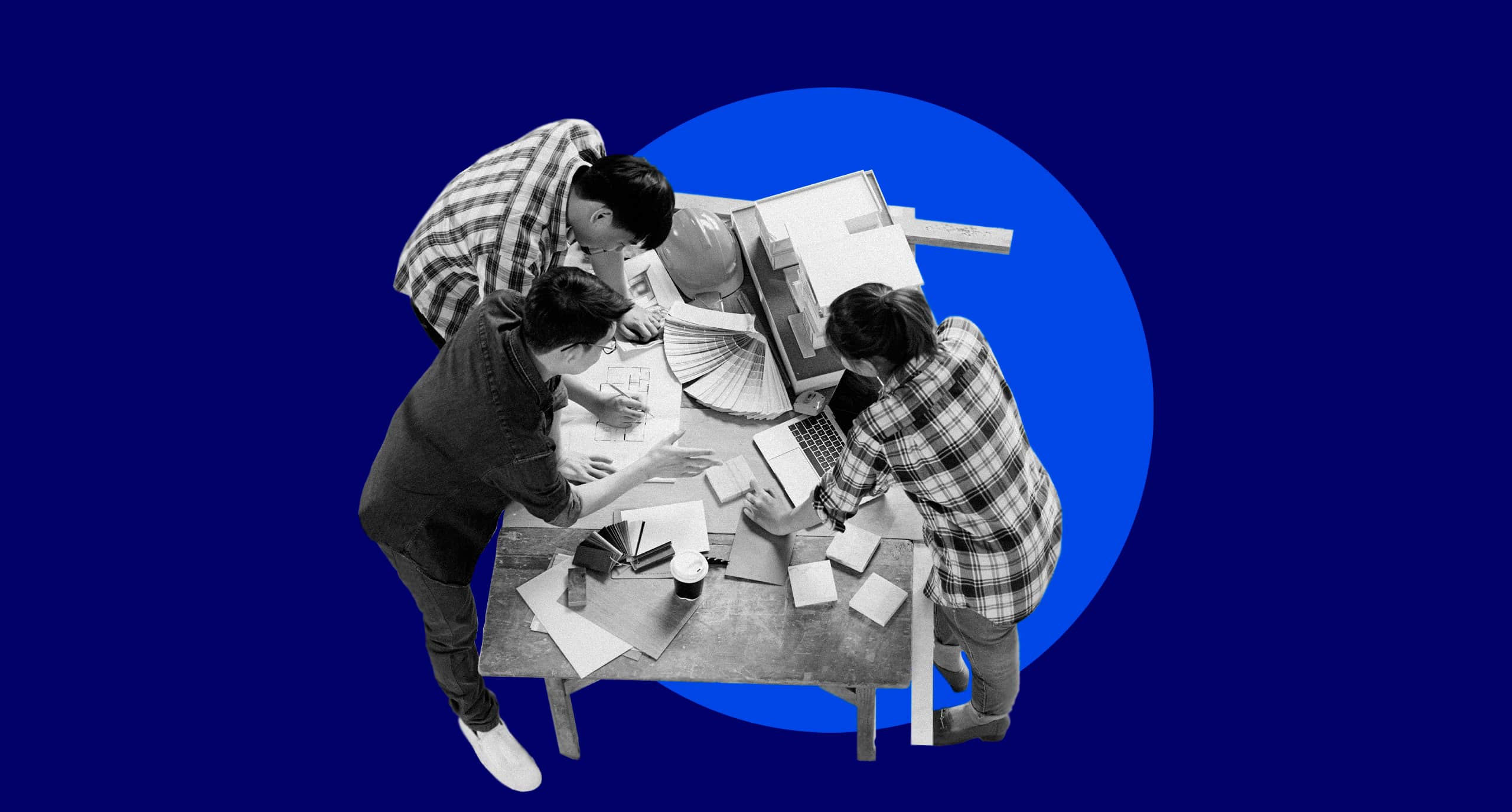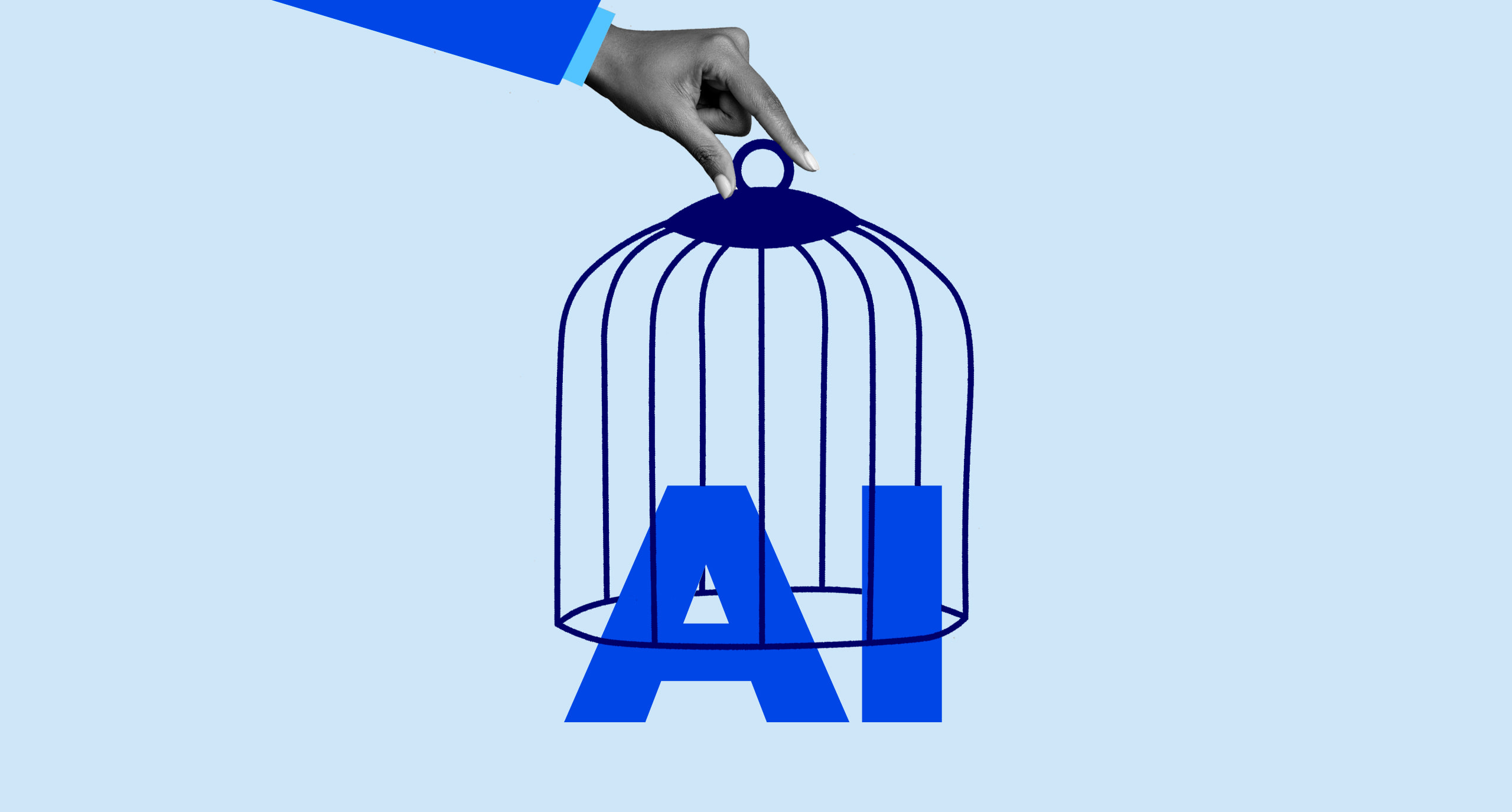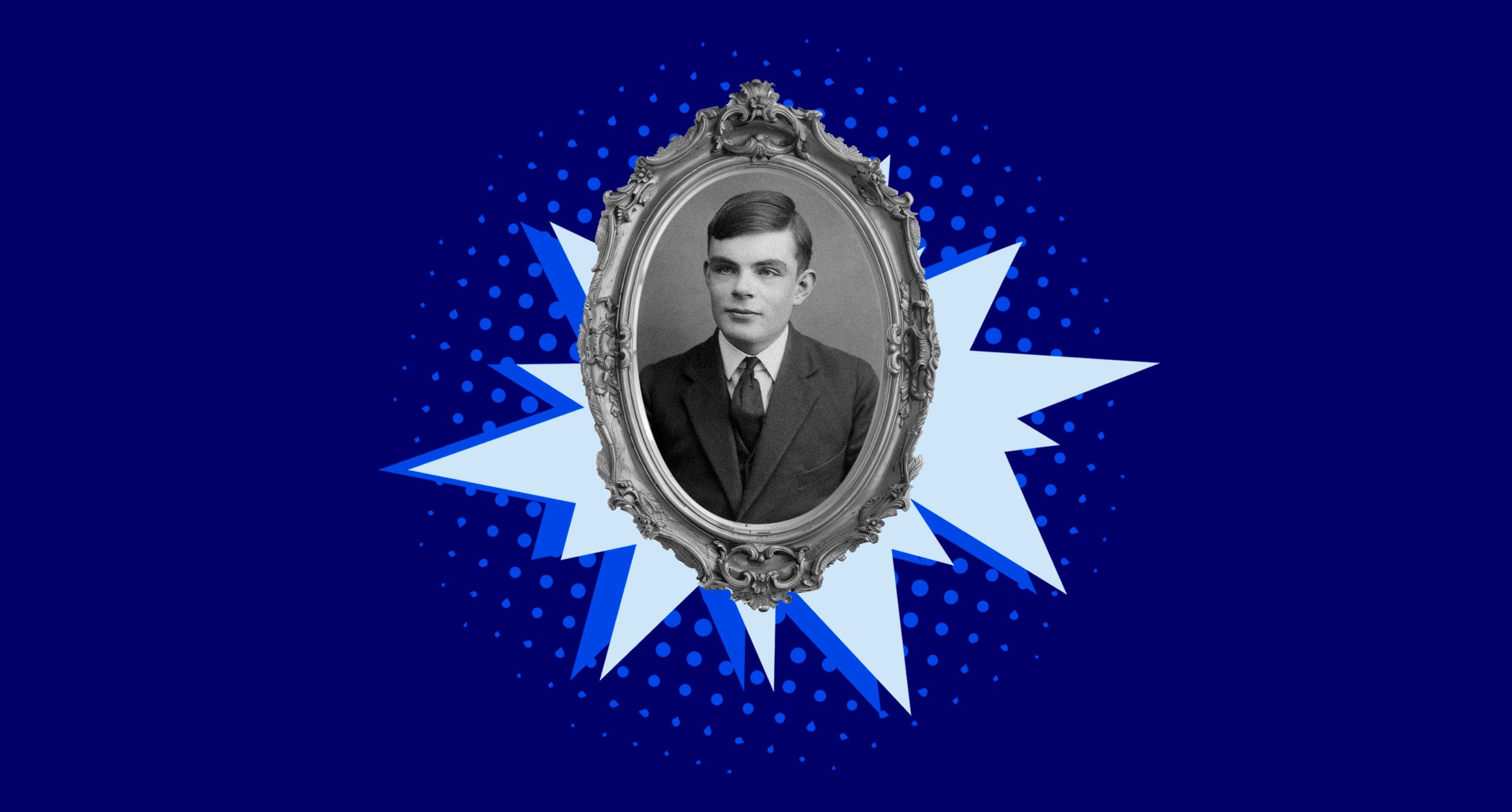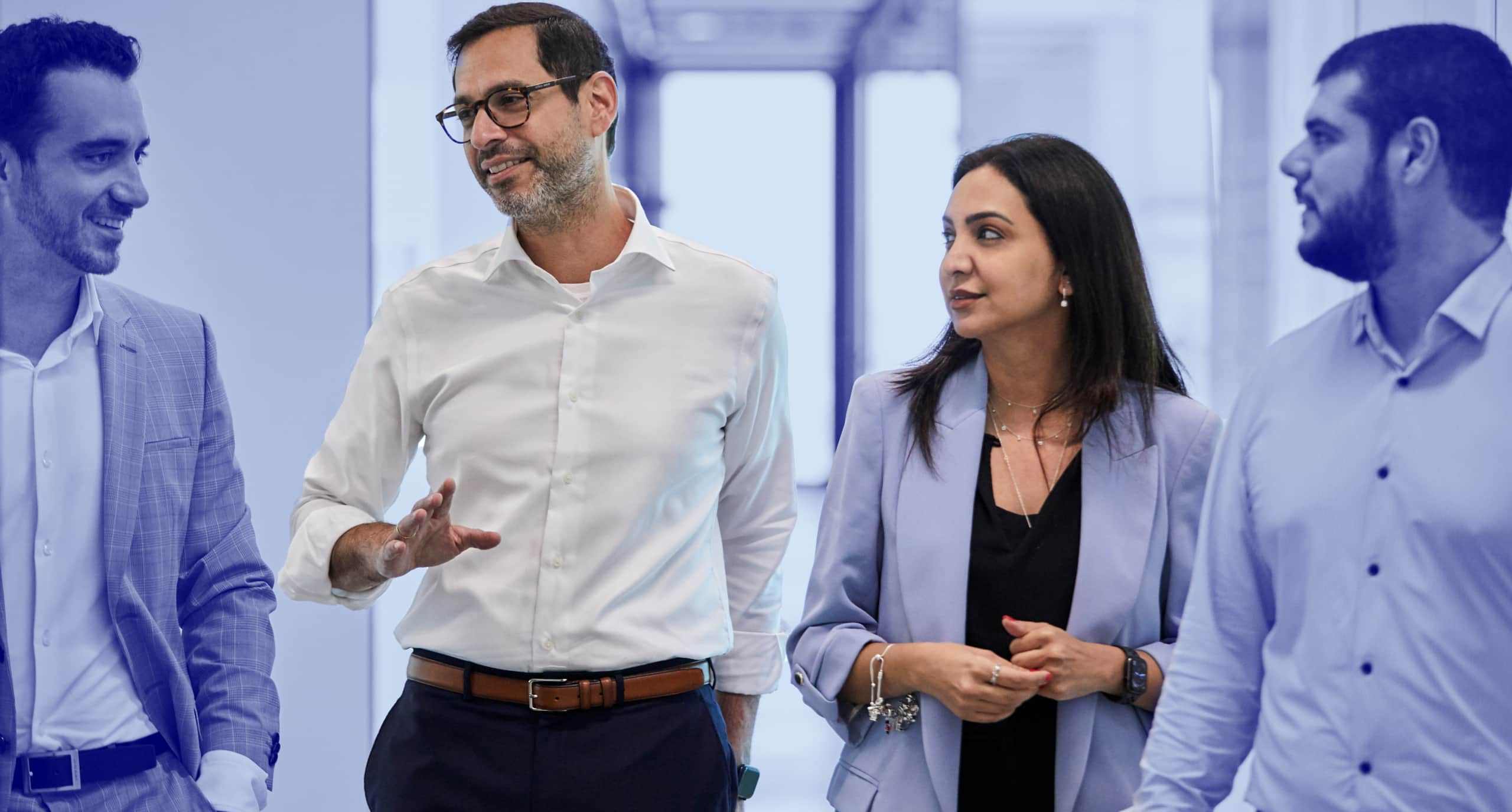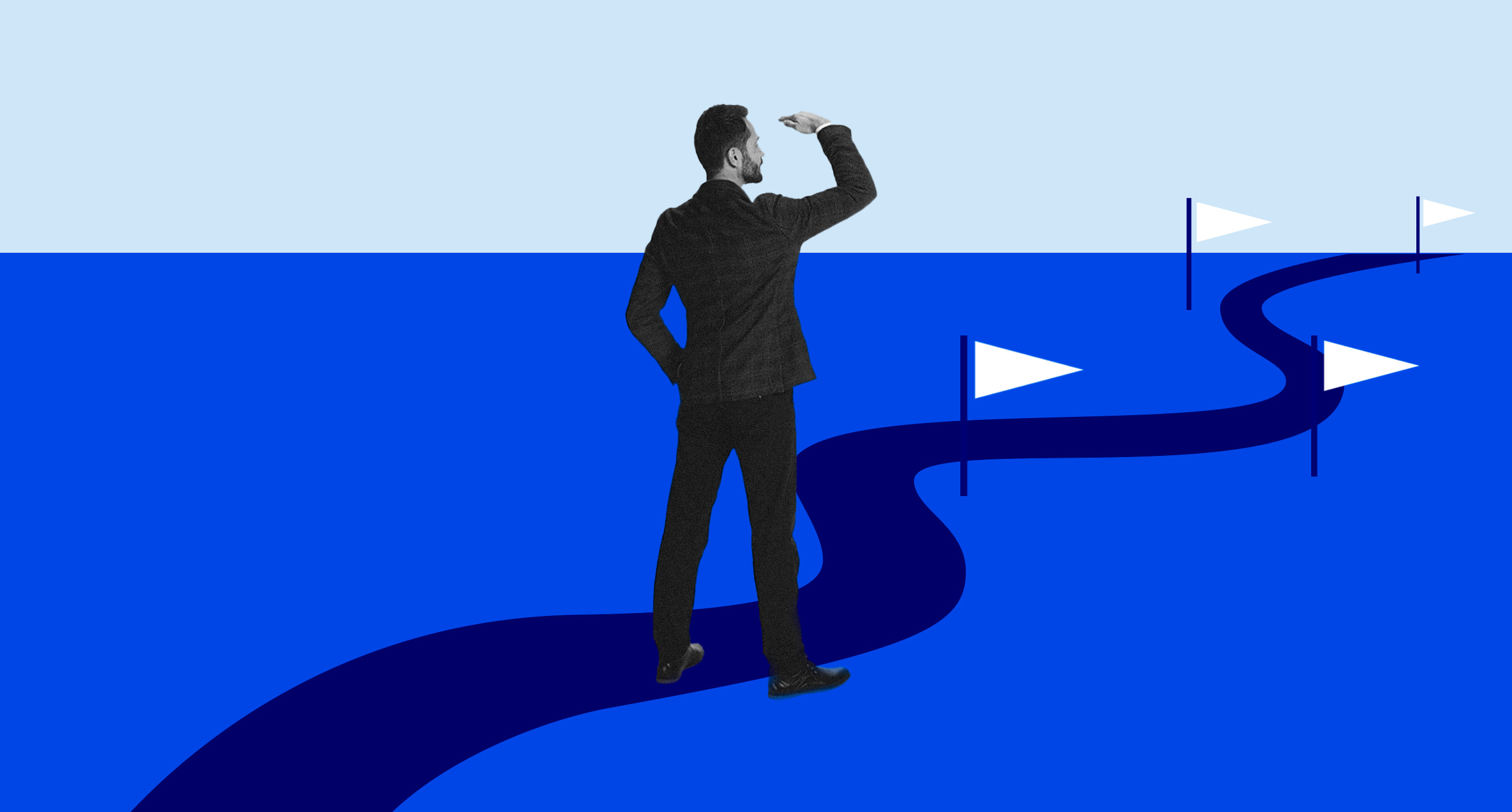Theater and business may seem an unlikely pairing. But at IE University, the unique, interdisciplinary approach to learning in the Master in Customer Experience & Innovation provides students with the skills necessary to apply empathy to human-centered design and innovation.
We talked to Ellen Buckland—entrepreneur, IE University professor and former student of the program—about how she is using theater to empower her students to thrive within the corporate sector.
Using empathy to improve innovation in business
As Ellen explains, the Master in Customer Experience & Innovation aims to give students the unique mindset necessary to look at design and innovation from a human-centric perspective. Passionate about people, she strives to discover “what makes people tick” and encourages her students to approach the world in a similar manner.
She says, “Within customer experience and innovation, I understood very early on that there was an opportunity to use your understanding of people in order to design experiences, services and products, as well as create simple solutions to complex problems.”
For Ellen, an essential part of design thinking is being able to empathize with the consumer: it is the only way to ensure successful business transformation.
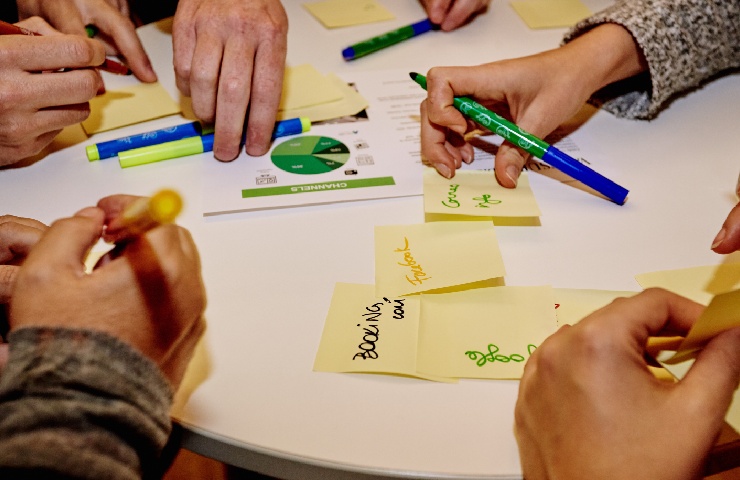
In fact, her own company, Contemporary Empathy, helps customers and businesses alike by providing training and consulting in creativity, emotional intelligence and communication.
Similarly, the course she teaches at IE University—Theater Skills for Communication and Innovation—focuses on concepts such as storytelling, space and presence, voice and body language and improvisation for prototyping, as well as using empathy to connect with an audience. These skills are geared to not only make students successful in the corporate world, but to set them apart as creative problem solvers.
She notes that the program places an emphasis on “creative mindsets approaches and human-centered innovation.” She trains students to analyze problems before seeking solutions, then to go even further to understand the issue from the perspective of the consumer. “Being able to use a creative approach to finding those solutions is also really important,” she adds.
Trusting the process: a program designed with the future in mind
Ellen encourages students who may be hesitant to see how theater can be utilized as a tool in business and innovation to trust the process. Now experiencing it from the other side as a professor, she knows that each and every course is designed with a purpose and specific goals in mind. Like Ellen, several alumni of the program have now joined the faculty, giving them the ability to effectively design courses using their understanding of the program as a whole.
The Master in Customer Experience & Innovation prides itself on its ability to adapt as the needs of the industry change. Ellen has seen the program evolve since her time as a student and now plays an active role in working with her colleagues and Academic Director to make sure that it stays up-to-date.
One thing is certain: customer experience is becoming increasingly important in the modern business world.
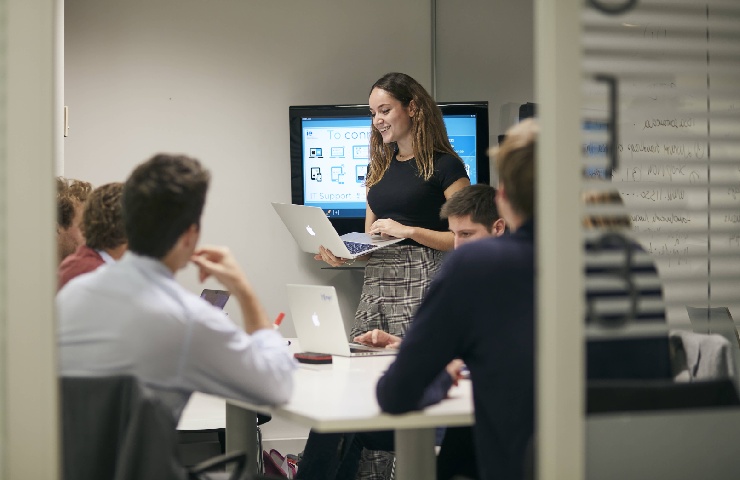
“We want professionals who can recognize new problems and try to design new solutions, all while keeping people at the heart of it so that we’re not forgetting that people are there.”
She says—something all too easy in a time of artificial intelligence and other exciting new technologies.
As Ellen sees it, “Innovation is something that is going to be more and more necessary because our society is changing really fast,” adding, “There are so many rapidly shifting trends and technologies with new AI concepts coming out every day.”
Trends such as self-checkout counters, online shopping experiences and increased digitization are transforming the business world. Ellen explains that even companies like LEGO, IKEA and Netflix have had to find ways to “adapt to the current context of digital transformation to be more customer-focused.”
Knowing this, she and her faculty colleagues create and implement courses that focus on the current and future needs of the industry.

She affirms her position, stating, “As long as we can keep having human interaction as part of our experiences and our services, then that’s the key to not just digitizing everything, but making sure technology is helping us rather than hindering us.”
New technology, new ways of thinking
Looking to the future, Ellen believes the Master in Customer Experience & Innovation prepares students to thrive and innovate in an industry where companies are prioritizing the customer’s experience in new ways.
She’s confident in the future, saying, “If you’ve got the right people behind the design of these experiences, then we’ll be okay.” Recognizing the need for regulation in the industry, she proposes an exciting solution: “We just need all of the Master in Customer Experience & Innovation students to go into design and AI regulation!”
Want to learn more about the Master in Customer Experience & Innovation?
Learn how to look at design and innovation from a human-centered approach as a student in the Master in Customer Experience & Innovation.

